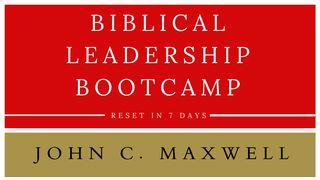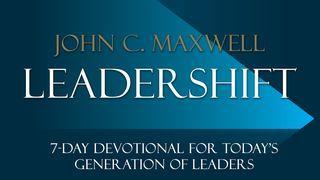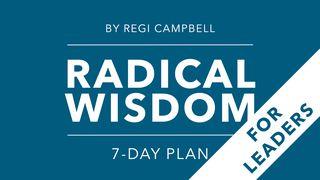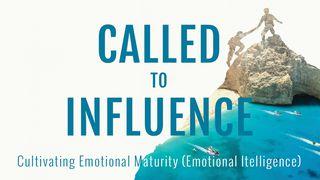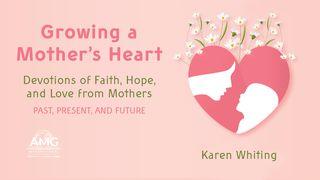Plan Info
Developing Emotionally Mature Leaders By Aubrey MalphursSample
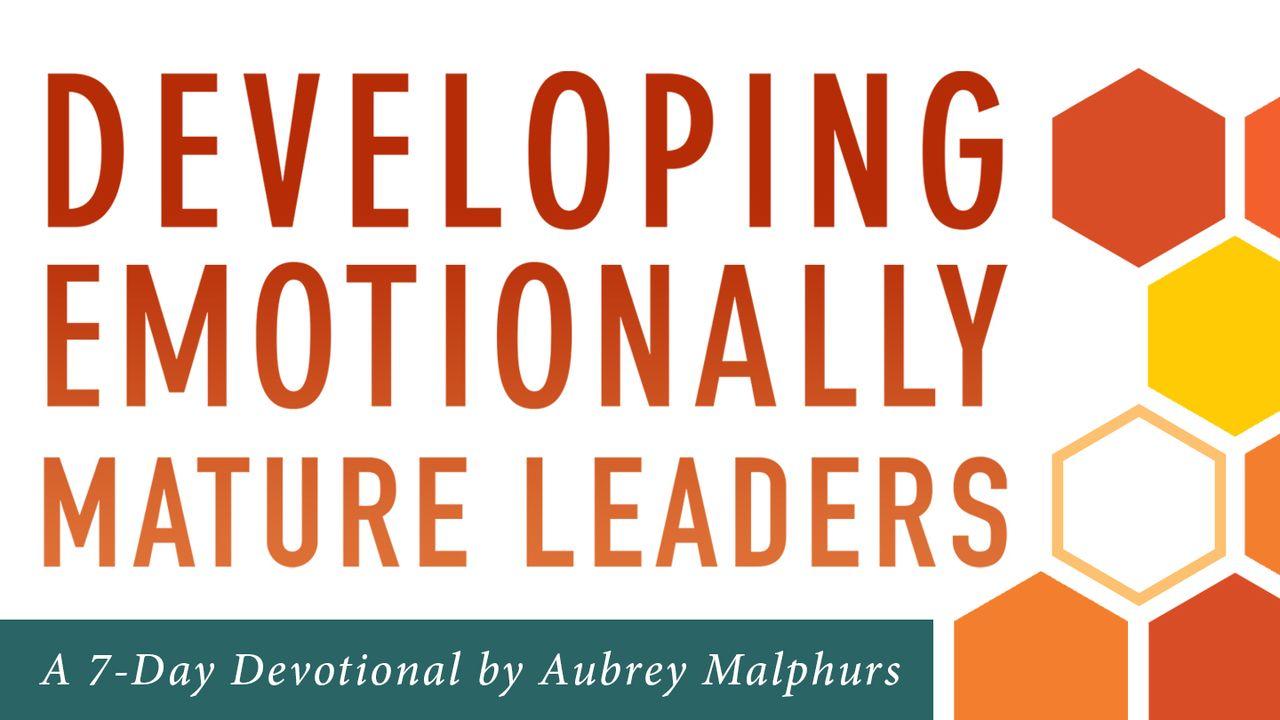
Day Three
A Growing Self-Awareness
Scripture: Philippians 1:6
I define emotional intelligence as an awareness of our emotions and the emotions of others so that we can handle well our emotions and theirs and relate in a Christlike manner with those within or outside the body of faith. Let me explain further.
First, emotional intelligence is a growing self-awareness. It involves one’s increasing ability to recognize and monitor one’s emotions. And it is dynamic or ongoing in that one should constantly work at growing emotionally and becoming better at reading emotions over time.
Second, emotional intelligence is one’s other-awareness. We must become aware of not only our own emotions but the emotions of others — the people we work and minister with, live with, and relate to on a regular basis. Thus we become not only more self-aware but more aware of others as well. How do the two relate? The one can build on the other. As you become more emotionally self-aware, you become more emotionally other-aware. This growing awareness of others happens primarily as we listen to and observe people.
Third, emotional intelligence involves our dealing with our emotions and acting to change the harmful ones. While it does not ignore our intellect or cognitive side, it specifically addresses our emotional side. As we become more aware of our emotions, we can better deal with them.
Fourth, emotional intelligence also involves our dealing with or managing the emotions of others. This is empathy. It involves walking in others’ emotional shoes, whether they are Christians or not. It’s viewing life from their emotional perspective and building the skills to recognize their emotions and relate to them well.
Emotional intelligence is separate from intellect. You can’t predict emotional intelligence based on one’s IQ. Emotional intelligence is a flexible set of skills that can be acquired and improved with practice.
It’s also important to remember that emotions aren’t the same as moods. An emotion is often short-lived but intense. It may also have a definite cause, for example, the anger you experience when someone cuts you off in traffic. A mood is usually longer lasting than an emotion but not as intense.
Finally, emotions aren’t the same as temperament or personality. Temperament is the stable behavioral style that defines each of us. Like IQ, it can’t be used to predict emotional resonance.
How does defining emotional intelligence help us become more aware of our need for it?
Scripture
About this Plan
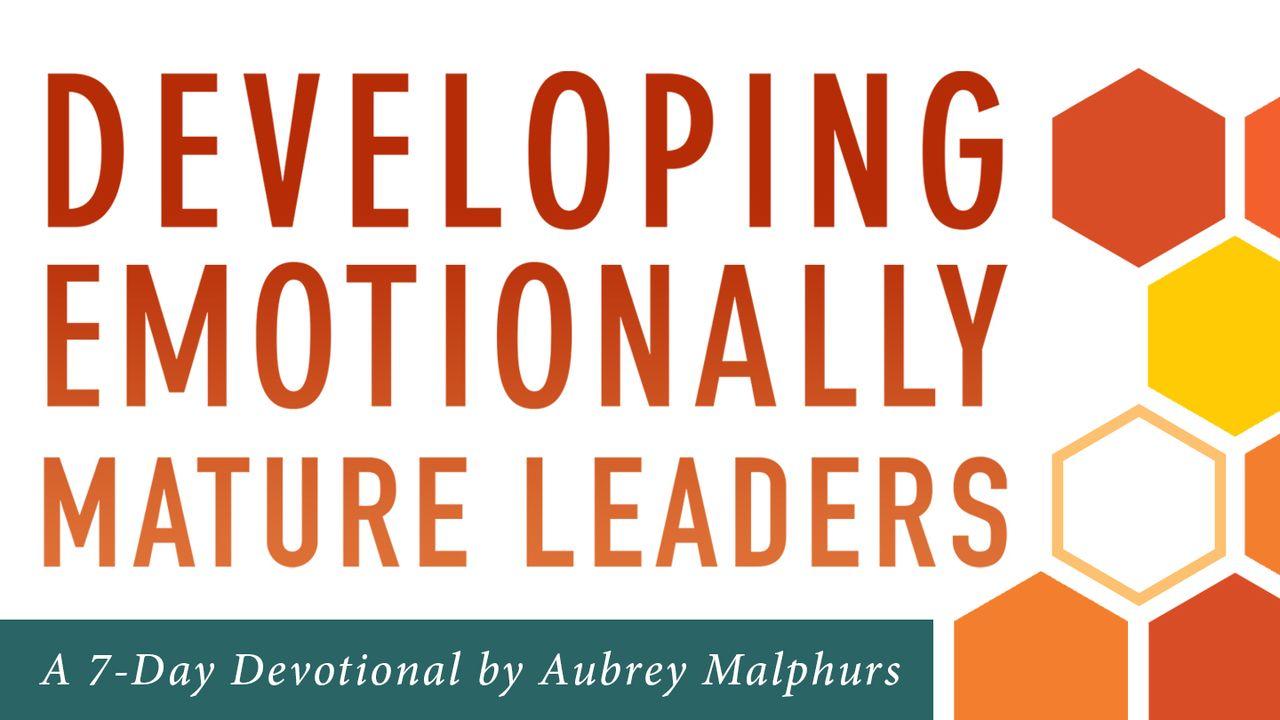
We often think of leadership as dependent on head knowledge. But Scripture reminds us that heart knowledge is just as important as intellect. We cannot be strong leaders if we are not aware of our own emotions and the ...
More
We would like to thank Baker Publishing for providing this plan. For more information, please visit: https://www.barnesandnoble.com/w/developing-emotionally-mature-leaders-aubrey-malphurs/1126399606;jsessionid=5502A520D302A63A2BF2378661891A8E.prodny_store01-atgap08?ean=9780801019449
